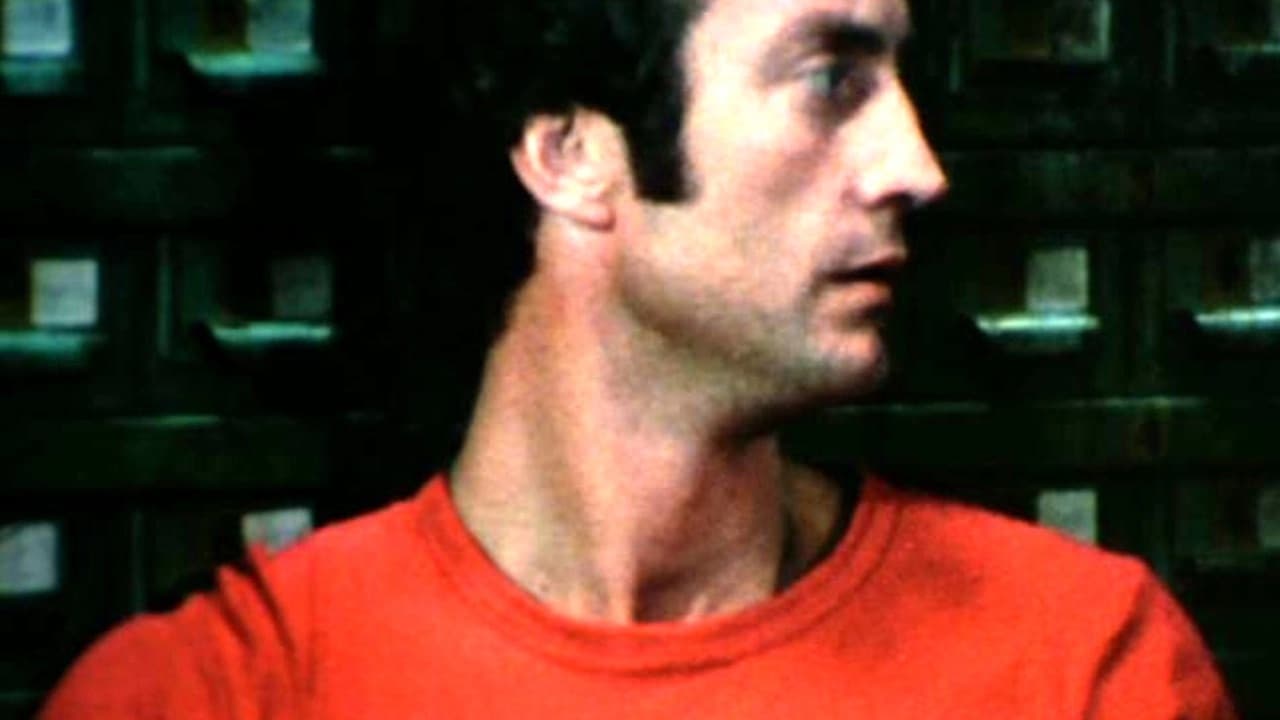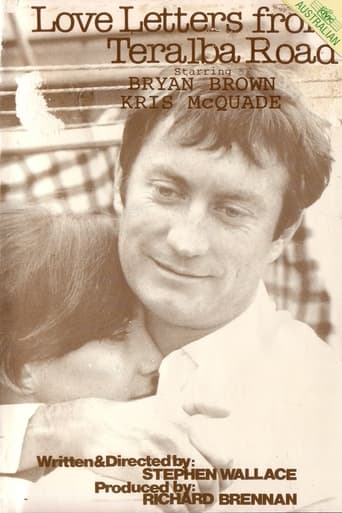Married Baby
Just intense enough to provide a much-needed diversion, just lightweight enough to make you forget about it soon after it’s over. It’s not exactly “good,” per se, but it does what it sets out to do in terms of putting us on edge, which makes it … successful?
petershelleyau
This debut film from Australian writer/director Stephen Wallace plays like a short, with a short running time, and varied success. Although Wallace extracts natural and charismatic performances from Kris McQuade and Bryan Brown, as a separated married couple trying to reconcile, the material is ultimately frustrating in its lack of ambition. The set-up is that the husband Len, works in Newcastle, an industrial suburb north of Sydney, and the wife Barbara, lives with her father and sister in Sydney. Barbara wants Len to transfer from his (presumably) storeman's job to live with her, and the treatment is them working out the details. Her decision to take him back is influenced by flashbacks to Len beating her up, and though she has reservations when he visits, she seems to want him all the same.The characters are presented as working class types who recreate at the pub, drinking and smoking, with irony added by the letters of the title, which Len writes to Barbara. (She writes back, but we don't hear her prose). She even acknowledges that the way he writes is different to how he speaks to her - he writes more formally and openly - however, in real life, Len is hardly a ape. It is suggested that his past violence behavior has been tempered. Wallace presents what reads as improvised cinema verite, with the use of hand-held and subjective camera, and natural lighting. He repeats Barbara's beaten crying, and uses sound for flashback, and music under Len's letter narration. Like a lot of realist cinema, one's tolerance is tested by this approach, but one can forgive this first effort by someone in the era of the Australian film revival of the 1970's.

